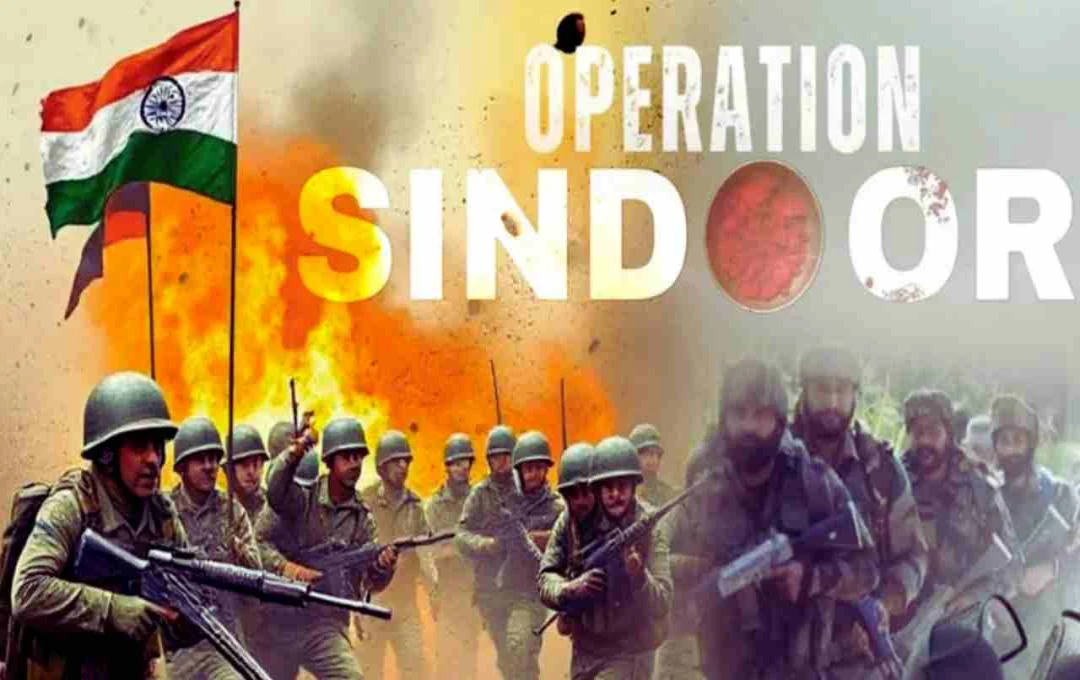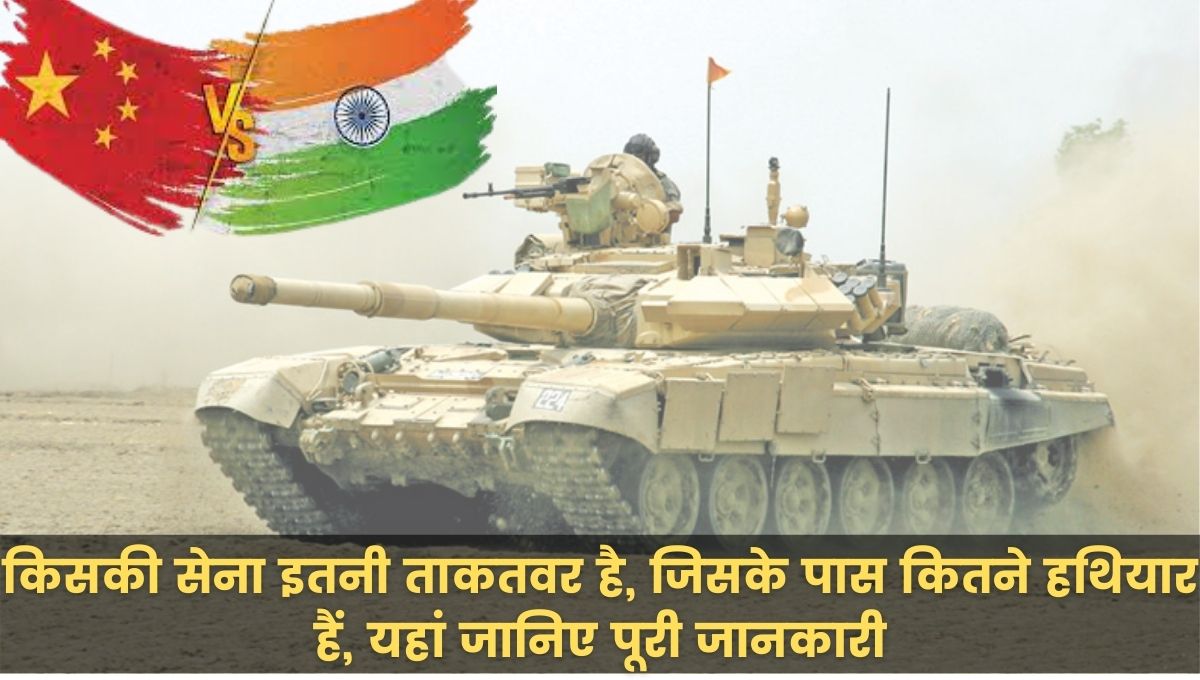Fifteen days after a major terrorist attack in Pulwama, Jammu and Kashmir, the Indian Army launched 'Operation Sindur', penetrating into Pakistan and completely destroying nine terrorist camps. This operation sent shockwaves through Pakistan and reverberated across the global stage.
New Delhi: Following a devastating terrorist attack in Pulwama, Jammu and Kashmir, India launched a significant military operation, destroying nine terrorist bases located in Pakistan-administered territories. This retaliatory action, codenamed "Operation Sindur" by the Indian Army, has caused widespread consternation in Pakistan.
The decisive Indian military action has elicited a flood of international reactions. Several countries, including the United States, the United Nations, the United Kingdom, Saudi Arabia, the UAE, and Russia, have taken serious note of India's actions and appealed for the maintenance of peace in the region.
India's Decisive Strike: The Story of Operation Sindur
Fifteen days prior, a suicide attack in Pulwama, Jammu and Kashmir, resulted in the martyrdom of several Indian soldiers. This sparked widespread outrage across the nation, leading the Indian Army to execute Operation Sindur, a strategically planned operation targeting terrorist bases within Pakistan. Under the cover of darkness, the army, utilizing advanced drones, missiles, and commando units, successfully destroyed nine major terrorist launchpads within Pakistan. These bases housed members of dangerous terrorist organizations such as Jaish-e-Mohammed and Lashkar-e-Taiba.
Surgical Strike by the Indian Army: A Sharp Blow to Terrorism
Sources indicate that Operation Sindur was carried out with utmost secrecy. Indian special forces crossed the LOC (Line of Control) to target nine terrorist camps in Pakistan-occupied territories. This operation was precise and limited, targeting only terrorist infrastructure. Army officials termed it a justified retaliatory action.
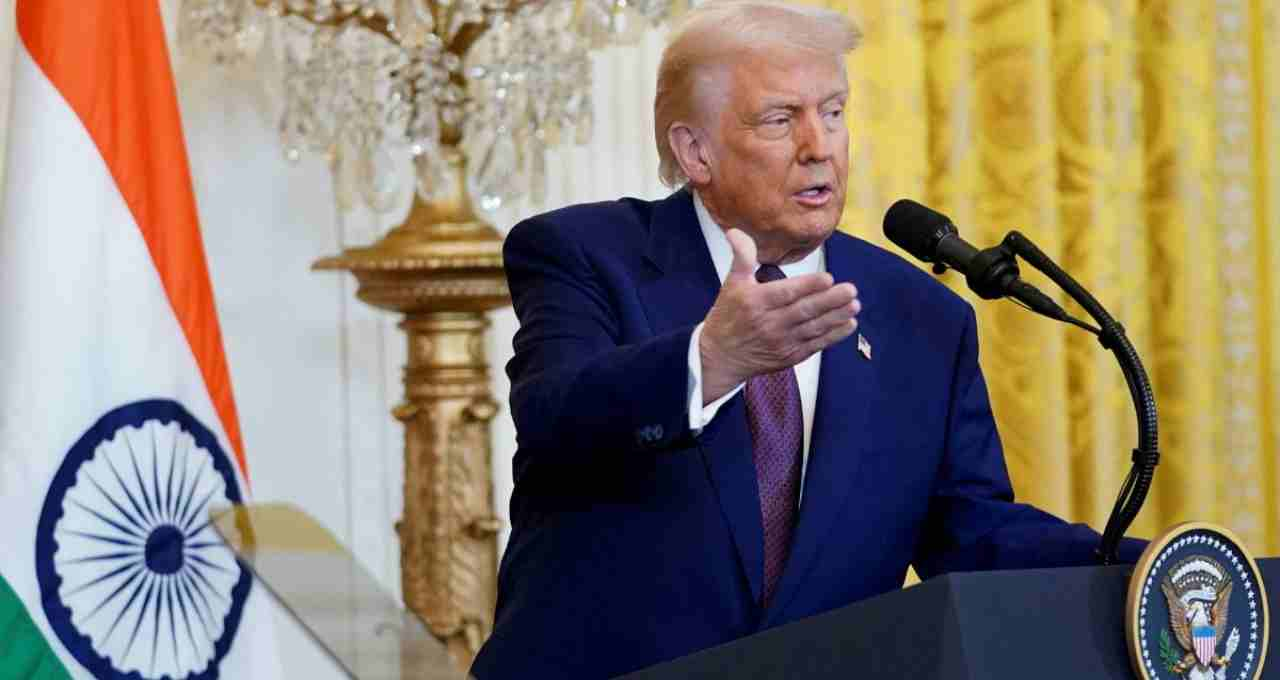
Donald Trump's Reaction: Hope for a Speedy End to Tension
Former US President Donald Trump, commenting on the Indian action, stated, "We heard about this incident as soon as we entered the Oval Office. It was a sad and worrying event. India and Pakistan have been in conflict for a long time. I hope this tension will end soon and peace will be established."
United Nations' Call: India and Pakistan to Exercise Restraint
United Nations Secretary-General António Guterres expressed concern over the incident, appealing to India and Pakistan to exercise military restraint. His spokesperson, Stéphane Dujarric, stated, "The Secretary-General is concerned about the escalating tension along the Line of Control. The world cannot afford another military confrontation at this time. We expect maximum restraint from both countries."
American Congressman Shri Thanedar Speaks: Action Against Terrorism is Necessary
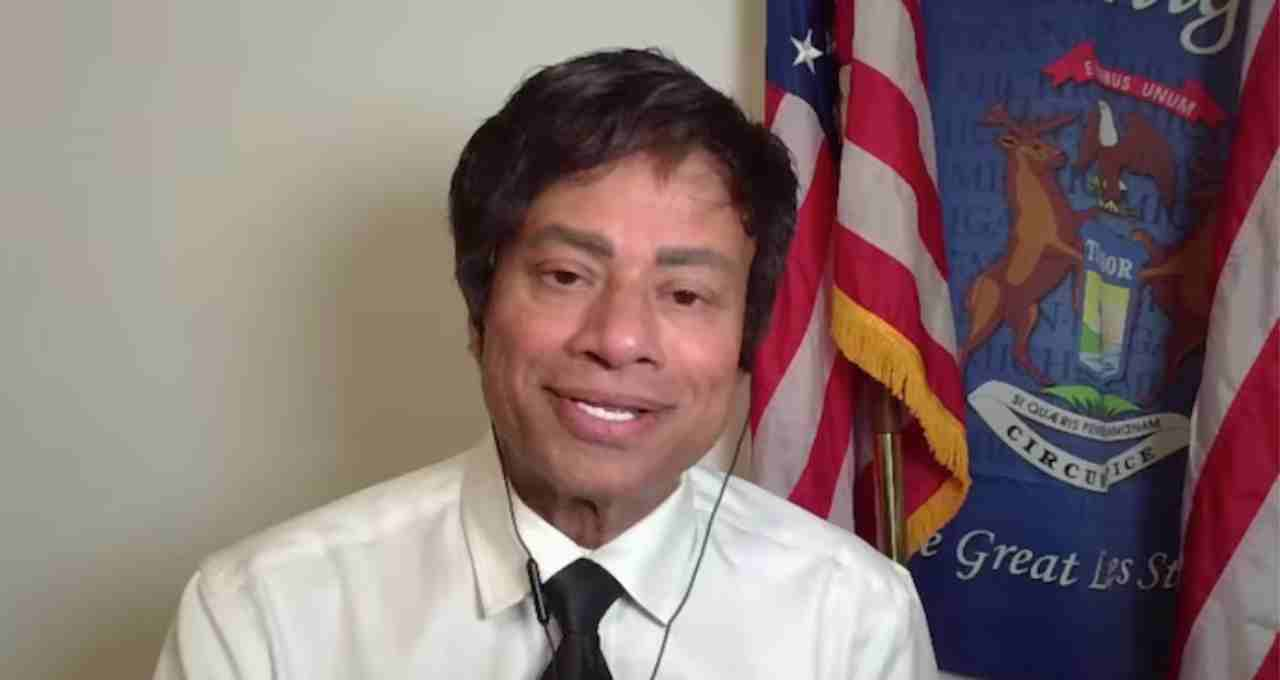
Indian-American Congressman Shri Thanedar stated that war is not the solution, but a firm stance against terrorism is necessary. When innocent civilians become victims of terror, punishing terrorists becomes imperative. America should stand with a peace-loving nation like India and increase global cooperation against terrorism.
Pakistan PM Shahbaz Sharif's Contradictory Statement
Pakistani Prime Minister Shahbaz Sharif, while confirming the Indian attack and labeling it the beginning of a war, also resorted to belligerent rhetoric. He wrote on social media, "Pakistan has every right to respond to this attack. We stand with our nation and army. We will never allow India's intentions to succeed."
Pakistani Foreign Minister Bilawal Bhutto Zardari's Belligerent Response
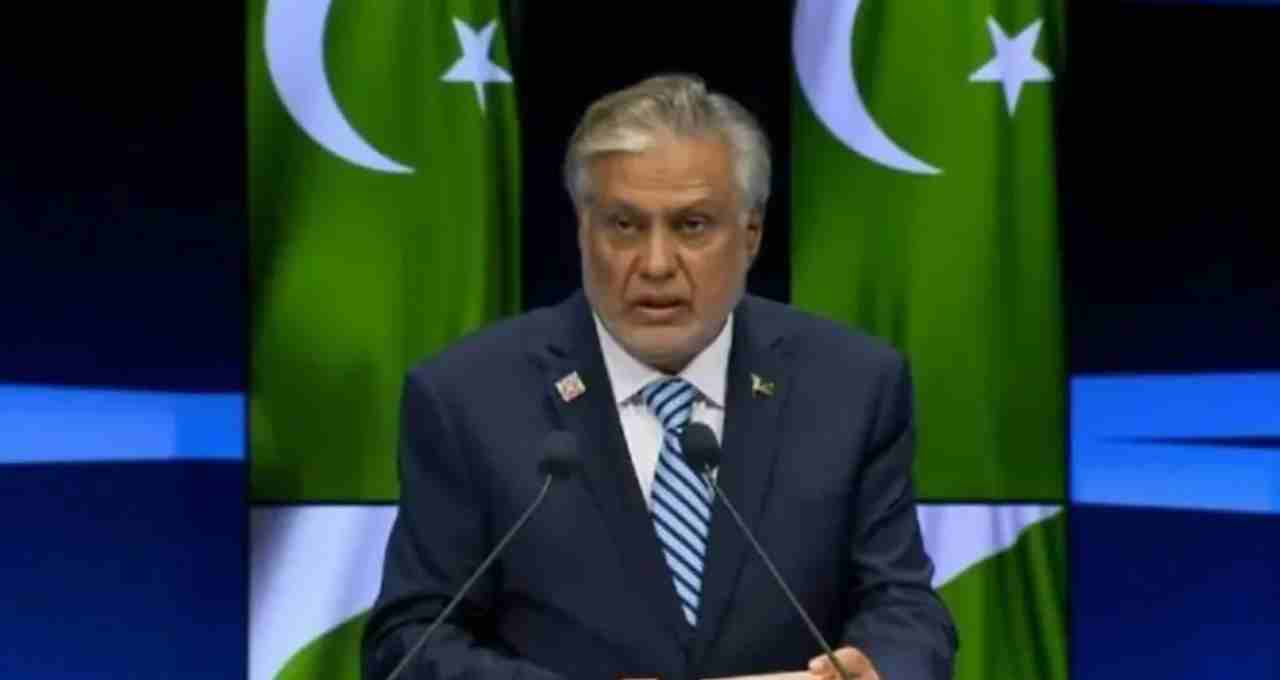
Pakistan's Foreign Minister Bilawal Bhutto Zardari called India's action a violation of international law. He accused India of jeopardizing regional peace and portraying itself as a victim under the pretext of the Pulwama attack. He warned that this situation could escalate into a serious confrontation between the two nuclear powers.
Following the success of Operation Sindur, India established high-level contact with the United States, the United Kingdom, Russia, Saudi Arabia, and the UAE. Indian officials briefed these countries on the necessity, process, and outcome of the operation, clarifying that the action was against terrorism, not against any specific country.
